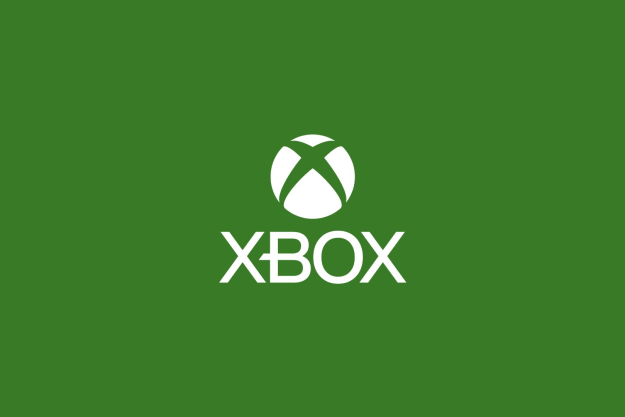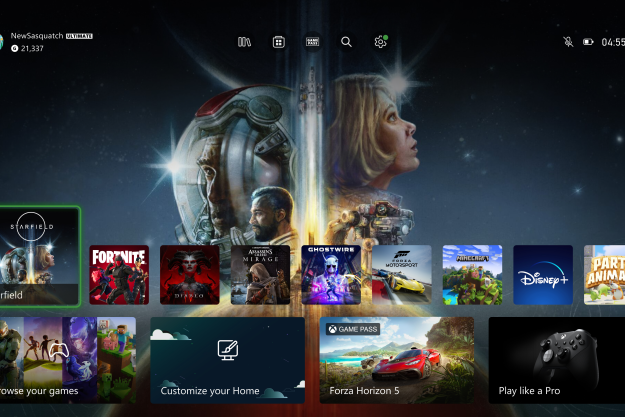
Now it’s June 2013, post-E3. Xbox is a dirty word. Always-online requirements and restrictions on secondhand game sales have the gaming community in an uproar. Sony’s competing PlayStation 4 costs $100 less because it doesn’t pack in the same kind of required camera peripheral that the Xbox One has. Microsoft backpedals. Policies are reversed. The mob is placated.

Now it’s July 2014. Xbox Entertainment Studios is due to be shut down. A handful of in-production projects will proceed as scheduled, but all of those big plans to deliver original, non-interactive content on Xbox platforms for years to come seem to have been euthanized. This time, the mob doesn’t care. It never really did to begin with.
Microsoft’s message coming out of the Xbox One reveal was crystal-clear: We want to own your living room. The whole damn thing. All your home entertainment are belong to us. The Xbox 360’s cross-connectivity with Windows Media Center? Merely a taste of a larger strategy for Xbox that played out during former CEO Steve Ballmer’s regime.

Ballmer’s gone now, and the Xbox One’s grand ambitions are scaling back. Microsoft no longer wants to own your living room. Leasing just a small corner of it is totally fine. That was the Xbox 360’s great success. It did gaming, and social interactions while gaming, really well. So well, in fact, that Sony willingly aped popular features like Party Chat (on the PS4) and Achievements (realized as Trophies).
Microsoft no longer wants to own your living room. Leasing just a small corner of it is totally fine.
The shutdown is an acknowledgement of the fact that XES was a fool’s errand. Microsoft isn’t Sony. There’s no film/TV division at the company, no established infrastructure of technology or industry experts to lean on. Microsoft wanted to build all of that from scratch, just like it did with the original Xbox back in 2001.
That was a different time though, and Xbox was in the realm of products Microsoft was already equipped to produce. The company just isn’t set up to create original TV-style programming. That’s not to say it couldn’t get there, but someone finally got the sense in their head to ask the question: “Why are we even trying? Why are we spending all of this money to service a sub-section of a sub-section of our community?”

This week, Microsoft confirmed plans to cut 18,000 jobs out of its workforce. It canceled all Android support for the Nokia X line of smartphones. And yes, it shut down XES. Many question why, especially when the company’s not actively hemorrhaging money.
It’s because the future is murky. There’s an investment in a huge workforce of non-essential employees. There’s a line of mobile devices picked up from a recent acquisition that strengthen a competitor’s operating system. And there’s a pure entertainment division that’s quite simply out of place at this tech-minded company.
Microsoft may not be losing money right now, but the closure of XES and the changes that accompany it are meant to ensure that it doesn’t start to anytime soon.
[Header image courtesy of Barone Firenze / Shutterstock.com]
Editors' Recommendations
- Closed Xbox studios pitched sequels to Hi-Fi Rush, Dishonored
- Bringing Helldivers 2 to Xbox eventually isn’t such a bad idea
- Bobby Kotick leaves Activation Blizzard next week amid Xbox shake ups
- One of the best games of the year is finally coming to Xbox next month
- Is Baldur’s Gate 3 coming to Xbox?


